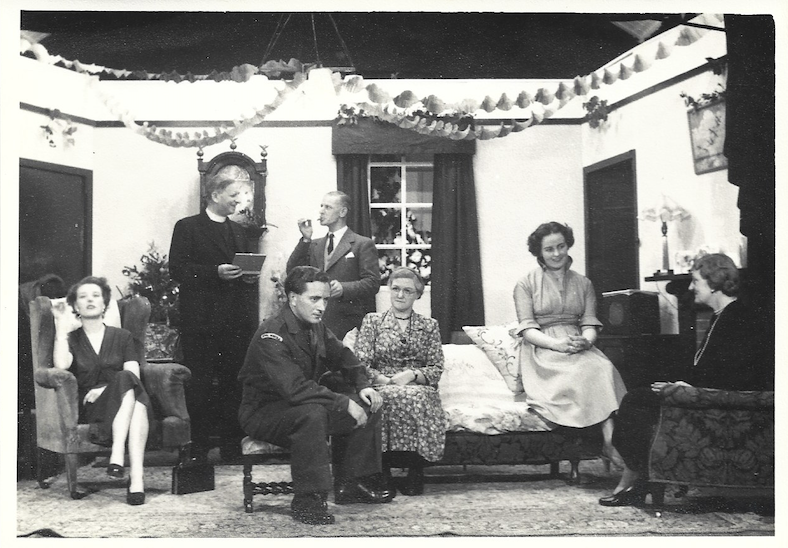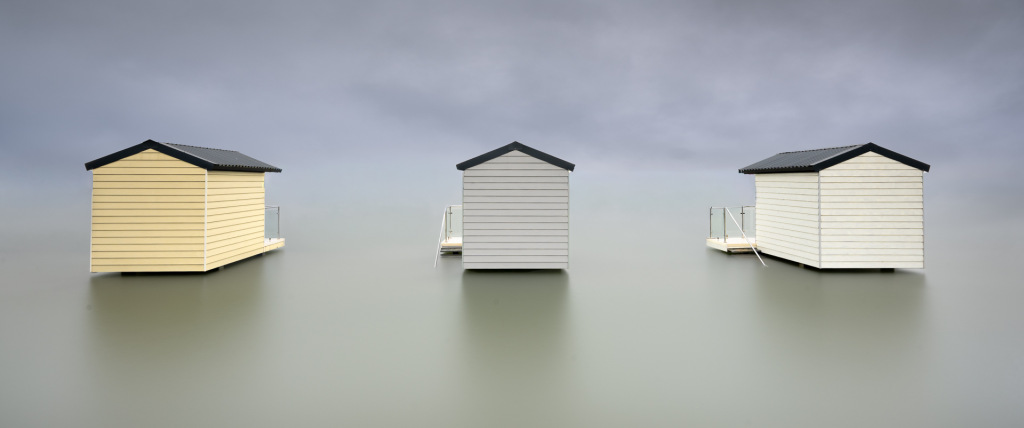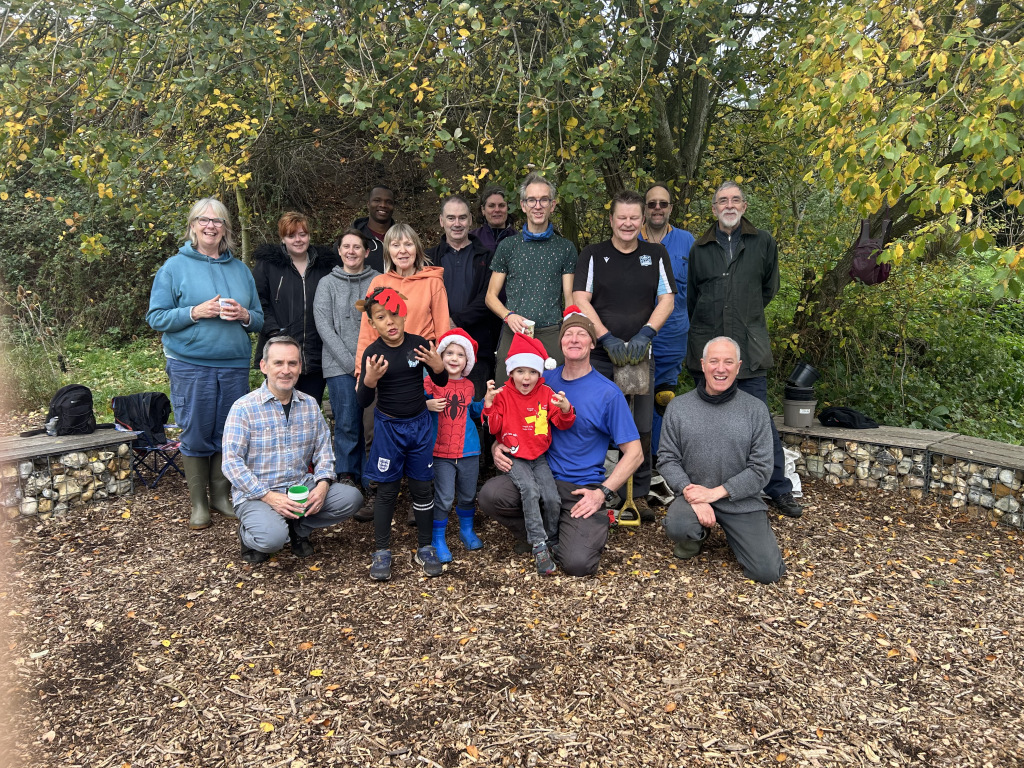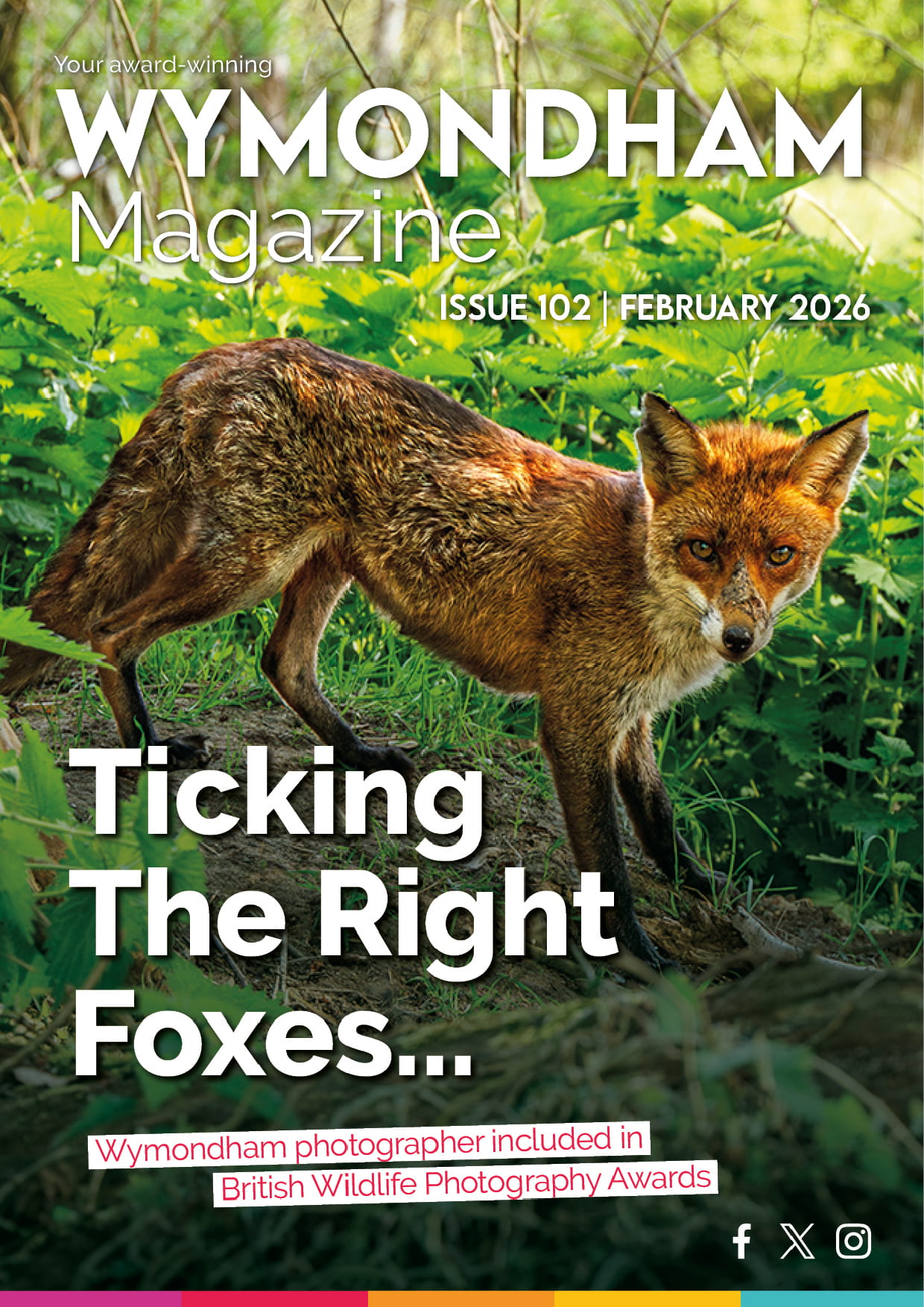Here at Rosedale, when we run our bereavement support groups, Week Three can be quite difficult for participants. We ask them to bring in a photograph of their loved one and talk for five to ten minutes about them. Most people feel trepidation about doing this as they worry they will get upset or freeze. For some, even bringing in a photograph is a major milestone, as they may not have been able to look at photos since their bereavement.
Just for this week, we ask that participants focus on the life of their loved one, rather than their illness or the circumstances of their death. This helps us see the big picture and understand that their death is a small part of who they are and the full life they have lived. Everyone is different, but being with someone when they died can be a mixed blessing. We may feel grateful we were with them, but also be traumatised by the experience. Some find that their mind keeps replaying unpleasant memories they would rather forget. Sharing photographs is about reframing what has happened and putting their death into the much bigger context of their life.
As is true with so many things, the build-up and anticipation are usually worse than doing the thing itself. As they recall various memories, such as special moments, holidays or funny quirks, there are often tears and usually lots of laughter. Almost without exception, most participants find that talking about their loved one’s life offers a therapeutic release and an opportunity to recall and appreciate the happy times they shared. As facilitators, it is always lovely to see the group members bonding together as they reach a deeper level of empathy.

Memories can be bittersweet, and we may get upset, but crying is a normal response to grief. Our loved ones will always be part of us. We are the person we are today, partly because of them. They live on in us.
Talking to others who are also grieving can be very supportive. Rosedale’s groups are free and open to everyone. Call 01379 640 810 to reserve your place.















